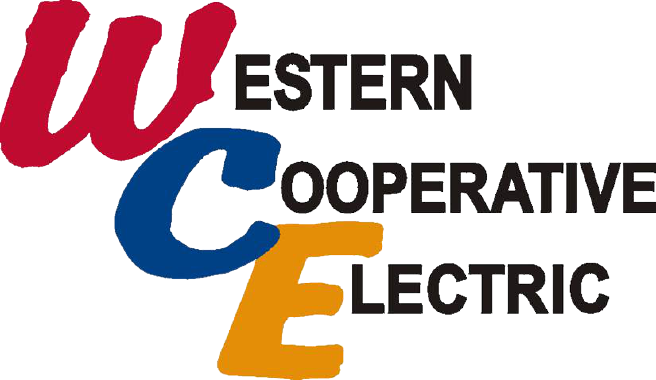Study Shows Possible EV Impact on Sunflower Service Territory
As family and friends get ready to gather around holiday tables, discussions on promising, new cutting-edge innovations, like electric vehicles (EVs), are sure to come up in conversations. EVs have the potential to impact the way we live and, like most new technologies, have both benefits and challenges.
Almost every make and type of vehicle has an electric or alternative-fuel option already developed or in the development process. EVs function by plugging into a charge point and taking electricity from the electric grid. That electricity is stored in a rechargeable battery that powers an electric motor, which moves the vehicle. The battery may be the only fuel source for the vehicle, or the vehicle may also have an internal combustion engine and an electric motor, known as a hybrid electric vehicle. Since EVs require less or no gasoline to motorize the vehicle, exhaust emissions are eliminated or reduced. Where and how often EVs must be charged tend to be central to conversations surrounding the utilization of EVs.
Options for charging the vehicle depend on the type and use of the EV. Passenger vehicles often charge at home but also can be charged while drivers are at work, shopping, dining, or on trips. Fleet vehicles—like delivery trucks and buses—may charge at depots if they have enough range for their daily routes or may need on-the-go charging options. Long-haul freight vehicles rely on truck-stop charging stations.
What all EV charging options have in common is the draw on energy from the electric grid. Unplanned charging load has the potential to increase peak electricity demand and exceed what individual co-op’s electric grids can handle, thus requiring the expenditure of co-op funds to upgrade infrastructure (e.g., increasing conductor size and upsizing substations and transformers). However, since EV charging times vary greatly, EVs can be beneficial if plugged in during times of excess or low-cost electricity, sometimes referred to as off-peak times.
Sunflower Electric Power Corporation contracted with 1898 & Co. to study the projected use of EVs in its service territory and determine the possible impacts of EV saturation at different thresholds through 2031. The study first developed a high-level assessment of different EV vehicle classes (e.g., passenger vehicles, commercial fleets, mass transit); established a forecast for EV use; and then estimated the required energy and demand (i.e., highest amount of energy needed to charge all area EVs at once) that would be required by EVs on the Sunflower system.
The study showed that during the next ten years passenger vehicles will have the most impact on the Sunflower system, and charging stations will more likely be located at homes and workplaces. Fleet vehicles could emerge, but the deployment will largely depend on charging improvements and locations to accommodate medium and heavy duty EVs.
At max, high, and low EV adoption levels across the Sunflower system, EV adoption will create an annual increase in energy consumption ranging from 346 gigawatt hours (GWh) to 3,675 GWh (140% increase at the max threshold). Annual peak demand load (assuming a 20% coincident factor of charging) will range from 120 megawatts (MW) to 1,125 MW. While electric utilities will experience increased revenue from increased energy use by EVs, modeling also revealed escalating energy use and demand will cause problems with voltage and overload transmission lines, particularly at the medium and high EV adoption rate. Addressing these problems could require substantial investments in infrastructure upgrades, and Sunflower is considering solutions to mitigate those costs.
So, what’s a good response to the holiday dinner table discussion on EVs? Well, they’re here with both their benefits and challenges. Sunflower will continue to proactively assess EV adoption so Sunflower’s members including Western Cooperative—and those they serve—experience the maximum benefits of this growing market.
Ralls, Mary Ann, Sloboda, Brian, & Dayem, Katherine. “Electric Vehicles: A Look at Opportunities, Challenges, and Trends for Cooperatives.” NRECA, July 2021.
“Sunflower EV Market Assessment and Transmission System Impact Study.” 1898 & Co., December 2021.
